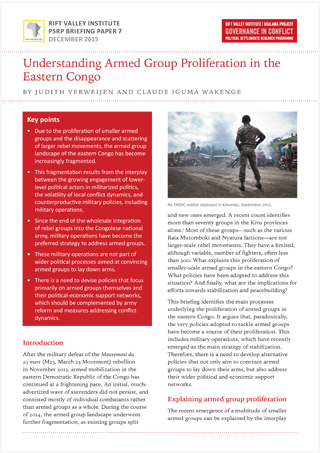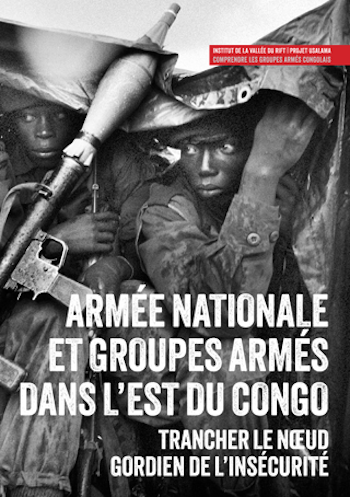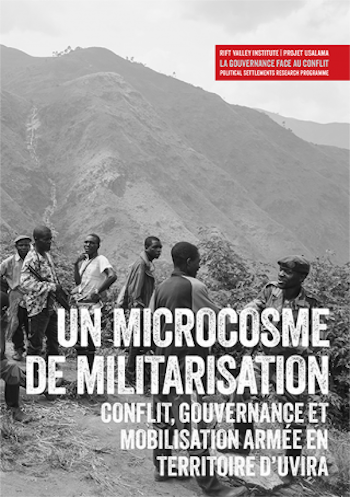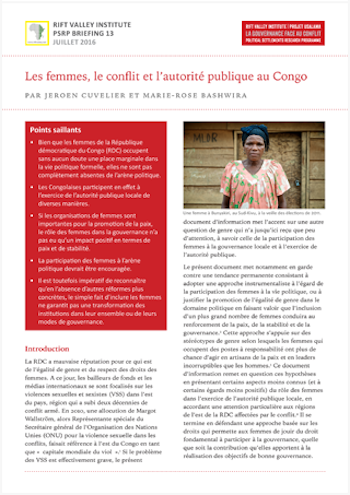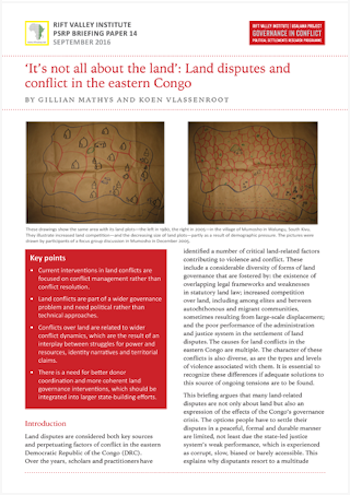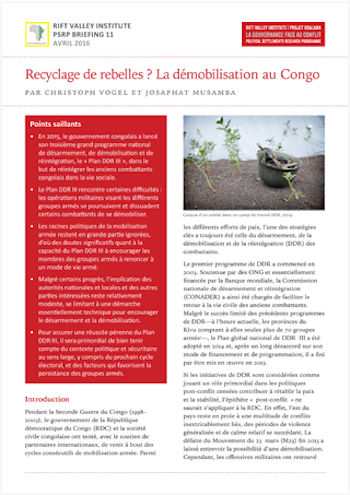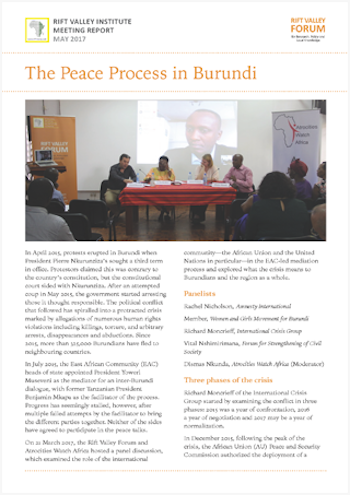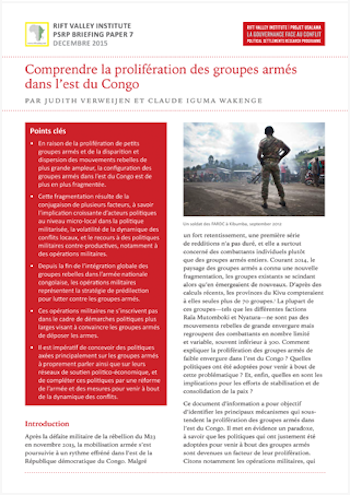
- By Judith Verweijen, Claude Iguma Wakenge
- Download
Après la défaite militaire de la rébellion du M23 en novembre 2013, la mobilisation armée s’est poursuivie à un rythme effréné dans l’est de la République démocratique du Congo. Malgré un fort retentissement, une première série de redditions n’a…

